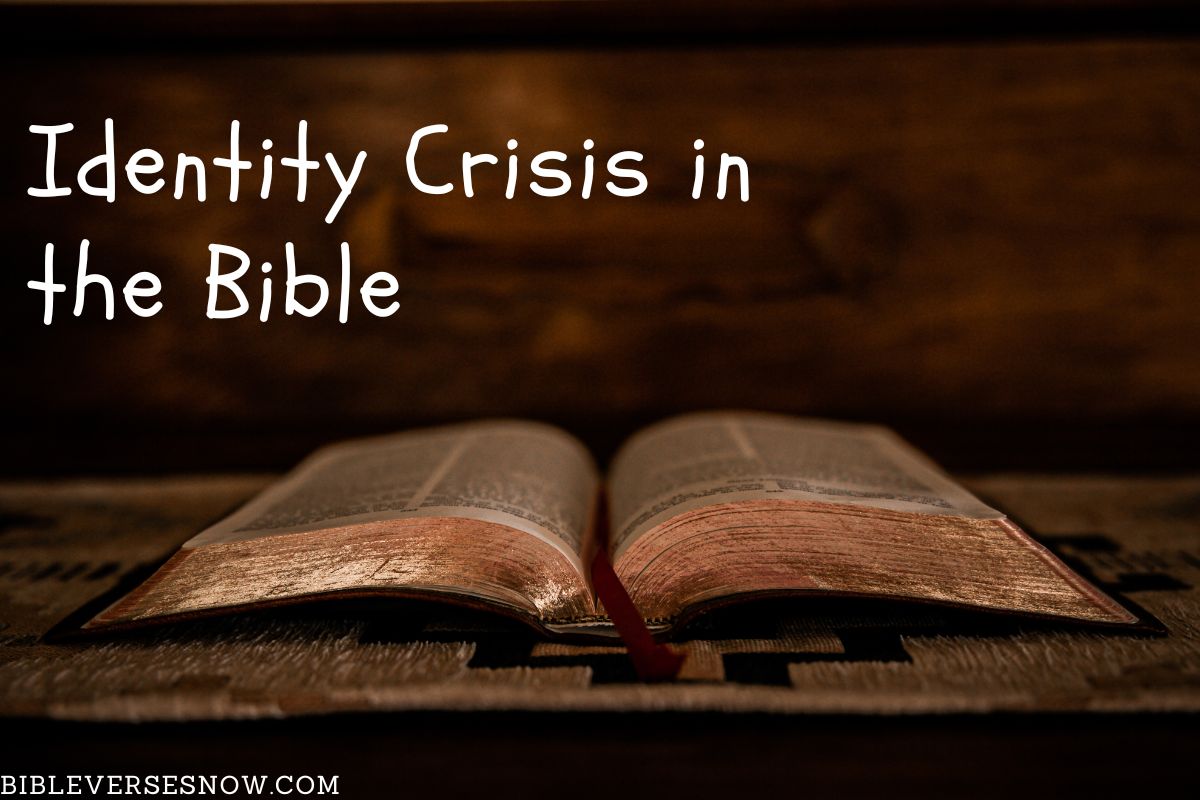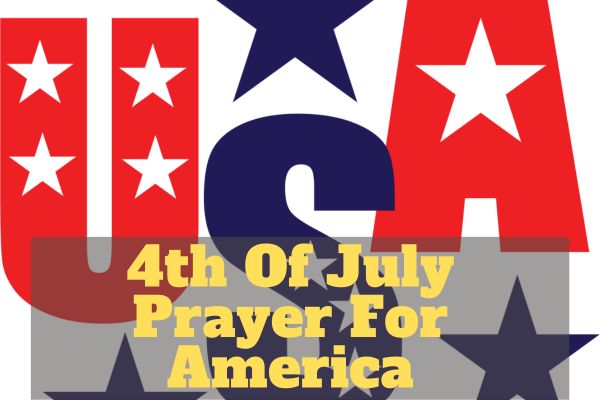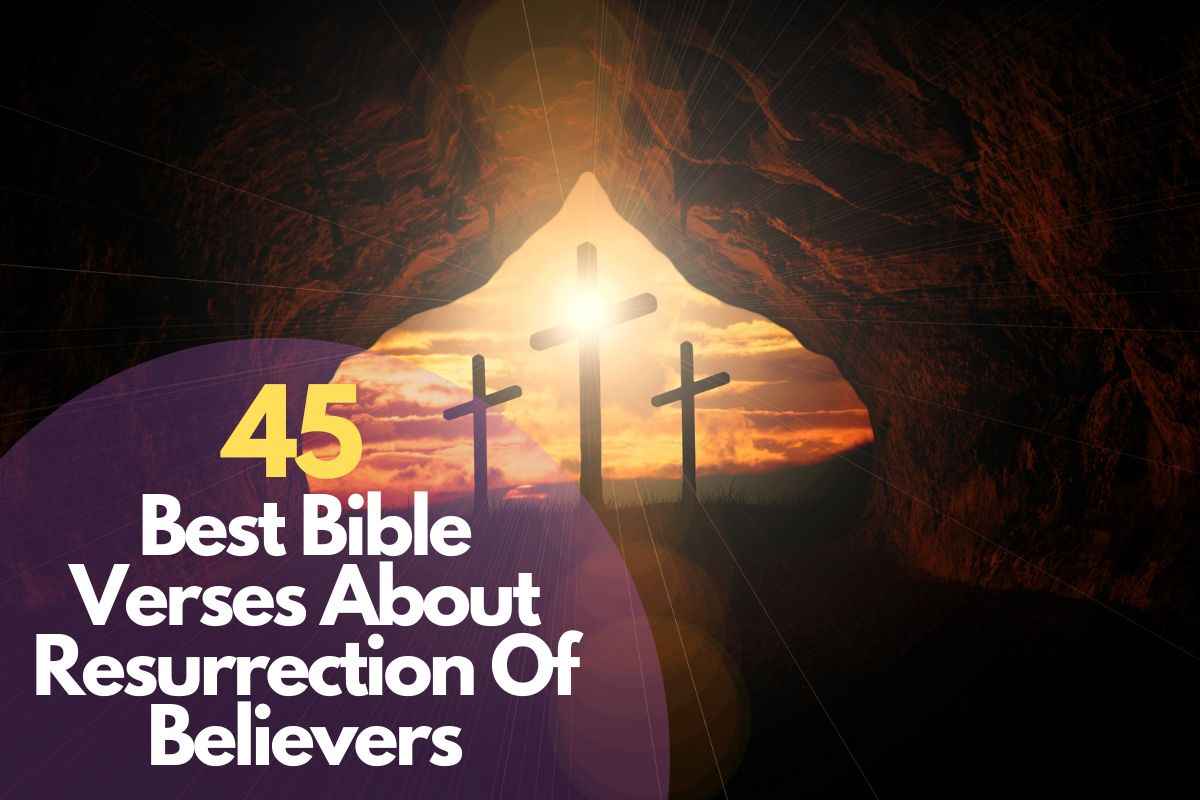Identity crisis is a state of confusion and desperation with regard to one’s identity. Erik Erikson, a psychologist who was influenced by psychoanalytic theories, coined the phrase “identity crisis” and made it widespread. If you’re unclear about the phrase, thoroughly read the article.
Identity crisis in the Bible
One of the best Identity crisis in the bible is Genesis chapter 3. In this chapter, Isaac was asked by his father Abraham to sacrifice his son as a burnt offering on Moriah — the spot where Abraham had prepared to sacrifice Isaac soon after God told him to leave his country and settle in Canaan (Genesis 22:2-3). In response, Isaac had a sudden encounter with an angel who told him he could not sacrifice his son because he was God’s precious gift to him (3:8-11)
An identity crisis is a stage or time in a person’s life when they start to doubt who they are and what they’ve chosen, and they feel uncertain and confused about their place in the world. When a person’s sense of identity is threatened and unstable, a crisis like this one develops. Typically, when a person’s life changes, they have an identity
crisis.
Identity crises are very common these days; many people are either experiencing them or have previously experienced them. who am I? that is the question we struggle with every day. Having an identity crisis is not a bad thing; it simply indicates that you are interested in learning more about yourself.
Genesis 27:18-19 ESV
So he went to his father and said, My father. And he said, Here I am. Who are you, my son? Jacob said to his father, I am Esau you’re firstborn. I have done as you told me; now sit up and eat of my game, that your soul may bless me.-
Genesis 27:18-19 ESV
Esau traveled far in search of a game to bring to his father, but Jacob and Esau’s mother, Rebecca, collaborated to steal their brother’s blessings. Jacob adopted Esau’s identity because Rebecca had already prepared food and dressed Jacob in Esau’s clothing to receive Esau’s blessings. He desired to assume Esau’s persona.
And after accepting the blessings, he fled.
For instance, when you start working at a tech business with security, you are given an identity card that allows you access to certain areas of the organization when you come for the first time. So you won’t be allowed to enter if you accidentally lose your ID card. or possibly it is stolen and used to break into a certain location to take something from the business; in this instance, you would be accused of stealing and experience an identity crisis.
Jacob, like Esau, stole his brother’s identity to obtain his blessing.
An identity crisis like this one is something different.
Knowing your spiritual identity
The word “spiritual” relates to the religion of religious belief, whereas, the word, “identity” connotes a different meaning, It is the characteristics, feelings, or beliefs that make one different from others.
There are various types of identities such as gender identity, nationality, race, ethnicity, etc. However, in the course of this article, we are rather concentrating on the nitty-gritty of spiritual identity.
Therefore, Knowing God and understanding who you are in God is the definition of spiritual identity. People who discover the significance of their existence in God and who are acknowledged by God can develop their actual selves, find safety, and find purpose in their lives.
As Christians, our spiritual identity is part of accepting His gift of eternal life through faith.
It can be recalled how Jesus gave His life on earth and rose from the grave to conquer death and sanctify those who believe in Him. There are Supernatural benefits that come with this, when we become followers and believers in Jesus, we lose our identity in this world and embrace our identity in Christ. This means that our identity in Christ is being a member of His body, the church.
John1:11-13 ESV
He came to his own, and his own people did not receive him. But to all who did receive him, who believed in his name, he gave the right to become children of God, who were born, not of blood nor of the will of the flesh nor of the will of man, but of God.-
John1:11-13 ESV
In the Bible, it has been recorded that a plethora of persons who God had blessed with gender identity, race, nationality, and even spiritual identity although they failed to hold it firmly but guess what?? They eventually did.
Zacchaeus: From our Bible study, we observe that Zacchaeus, was a tax collector Fact, he was the chief tax collector. He was regarded as a corrupt and dishonest worker but even with his riches he was not satisfied, he felt something missing, and as soon as he was able to interface directly with Jesus he repented. He had known that wasn’t the actual identity he possessed hence he wanted to be more.
- Ruth: The story of Ruth is another expository story in the search for identity. Her husband died, and she was supposed to return as instructed by her mother-in-law, Naomi but instead, she insisted on telling her, “Wherever you go, I will go, wherever you live, I will live.
- This particular act portrayed what it is to become a Christian, one virtue of which is “unity“ with Jesus Christ as seen in 1st Corinthians 2:23. She exhibited it passionately as to become a new creation in Christ. Colossians 3:10, Ephesians 4:24. And we can see that Ruth fulfilled her purpose because she married Boaz and became the great-grandmother of Jesus.
- Rehab: The same is of Rehab. She was lost but God sought her, brought her into the family, and rejoiced over her. God sought out this unlikely Gentile to fulfill His purposes, and big surprise, he chose well. Matthew 18
When Moses ran into the wilderness and finally had a moment’s rest, he must have looked back at the event that had gotten him there and thought, “Man, I messed up. I completely failed at helping the Israelites.” And he was probably right. But God took him into that wilderness to teach him what he would later need to fulfill that purpose.
When he learned how to properly live out what God wanted him to do, God was glorified and the people of Israel were delivered. The same is true in our lives. It is easy to look at what we feel is expected of us and assume that it is part of God’s will for our lives, but the expectations of others are not the guide God has established for our lives. He wants to lead us by His Word and the Holy Spirit.
Though it is not always the case, sometimes when we add those expectations to the mix, what we are doing is adding an unnecessary weight of stress. God has laid out his guidelines for our lives in Scripture; that should be our first standard of living. Living a life guided by the expectations of others, no matter how good those expectations are, can cause us to completely miss what God wanted us to be doing, and trying to do both have the potential to destroy us physically, mentally, and spiritually.
The Bible makes us understand that even though we’re made in His image, we’re to find out who we truly are through His word. Our identity shouldn’t replicate another. It has to be natural even in the way we walk, talk, react to things, dress, and in our dealings with people.
2 Corinthians 9:8 NIV
God can bless you abundantly, so that in all things at all times, having all that you need, you will abound in every good work. Just as he Has created us to be in his image, he has provided all that we need to live fulfilled lives. He is a good and merciful God.-
2 Corinthians 9:8 NIV
Our God blesses us abundantly so that we can progress in every way and fulfill our purpose in life.
So when we accept Jesus as our lord and personal savior we become new with a spiritual identity, and the old us with its identity is gone. we are all seen as new because through Jesus our sin has been paid for. We are righteous and good gifts before him.
In the Bible, God’s word communicates very clearly that we were created in His image. Thus, our identity, at its core, is founded and rooted in Him (Genesis 1:27). Identity crisis happens when we lose sight of our Creator.
Also, the Bible, helps the person to understand his/her bad place. In Luke 18: 18-30, a rich man called Jesus “Good Master” and then asked for eternal life.
As Christians, spiritual identity is very important, because it helps us to fulfill our purpose on earth.
Who in the Bible struggled with identity
These identity crisis issues affect a huge number of people, and God wants to give every one of us back our complete and secure identity in Him.
Even when we are confident in our ability to complete a task, we start to feel anxious. Usually, this leads us to push ourselves to recline and relax.
Our courage in both ourselves and the world around us is sapped by identity crises.
Many of the characters in the Bible experienced identity crises, so many of them may not have been recorded there. However, we do notice a few, like Moses, so let’s talk about him.
Exodus 3:10-11 ESV
Come, I will send you to Pharaoh that you may bring my people, the children of Israel, out of Egypt. But Moses said to God, Who am I that I should go to Pharaoh and bring the children of Israel out of Egypt?-
Exodus 3:10-11 ESV
The treatment of the Israelites by Pharaoh and the Egyptians had been extremely harsh.
They prayed to God, who then chose to send a helper to save them from the Egyptians.
God then proceeded to speak to Moses through a burning bush.
When God called Moses and spoke to him about the Israelites, Moses was a modest, reverent man who listened.
And after God had informed him that he would save the Israelites from slavery in Egypt, he posed the opening query of an identity crisis: “Who am I?”
Who am I that you would send me?
We will see that he struggled with confidence and low self-esteem in Exodus 3 and 4.
As I watched Moses struggle with his identity, I was reminded that everyone—helpers, pastors, prophets, and even those God has called—are fallible human beings who are also simply trying to make sense of life.
Moses was a stammerer, had low confidence and self-esteem, was terrified, and was probably depressed. But with the aid of God, he was able to save an entire nation.
Who in the Bible had an identity crisis
Many of the characters in the Bible, including Moses, Gideon, Jacob, and Esau, struggled with difficulties of identification, as I described before; therefore, many of them may not have been recorded in the Bible. Let us briefly discuss Gideon.
Gideon served as both a judge and a military commander.
We can claim that Gideon was a prophet as well.
Judges 6:12, 15 ESV
And the angel of the Lord appeared to him and said to him, The Lord is with you, O mighty man of valor. And he said to him, Please, Lord, how can I save Israel? Behold, my clan is the weakest in Manasseh, and I am the least in my father’s house.-
Judges 6:12, 15 ESV
Gideon was content with the smallness and insignificance of himself, his family, and his clan.
Because of his identity crisis, he was uncertain and lacked confidence in himself and even his entire clan. However, the Angel of God described him as a strong man of valor, which is a word for courage.
God revealed that he knew Gideon was experiencing an identity crisis and that he still acknowledges him despite it.
What does the Bible say about identity crises?
Since many of the characters in the Bible experienced identity crises, the few that caught our attention may not have been the majority.
Genesis 1:27 ESV
So God created mankind in his image, in the image of God he created them; male and female he created them.-
Genesis 1:27 ESV
We were made in God’s likeness, which is very clearly stated in the Bible. As a result, He is the source and foundation of our identity (Genesis 1:27). When we lose sight of the plan that our Creator has for us, identity crises occur.
John 1:12 ESV
Yet to all who did receive him, to those who believed in his name, he gave the right to become children of God.-
John 1:12 ESV
And who am I?
When you become a Christian and believe in and receive Jesus, you are then entitled to the title “Child of God.” Therefore, when someone or you begins to doubt your identity, “Who am I?” I AM A CHILD OF GOD will be your responsibility. PERIOD!!
What is the meaning of the crisis in the Bible?
A crisis is when tensions increase, normal problem-solving skills fail, and a person is unable to identify the issue.
So a crisis is an opportunity presented by a risky scenario.
Matthew 18:15-16 ESV
If your brother sins against you, go and tell him his fault, between you and him alone. If he listens to you, you have gained your brother. But if he does not listen, take one or two others along with you, that every charge may be established by the evidence of two or three witnesses.-
Matthew 18:15-16 ESV
In this instance, Jesus is advising us to keep trying to resolve any issues with our brothers in any way we can. First, try to resolve them personally. If that doesn’t work, you can gather two or three witnesses. If that doesn’t work, you go before the church. If that doesn’t work, you should let the matter go.







